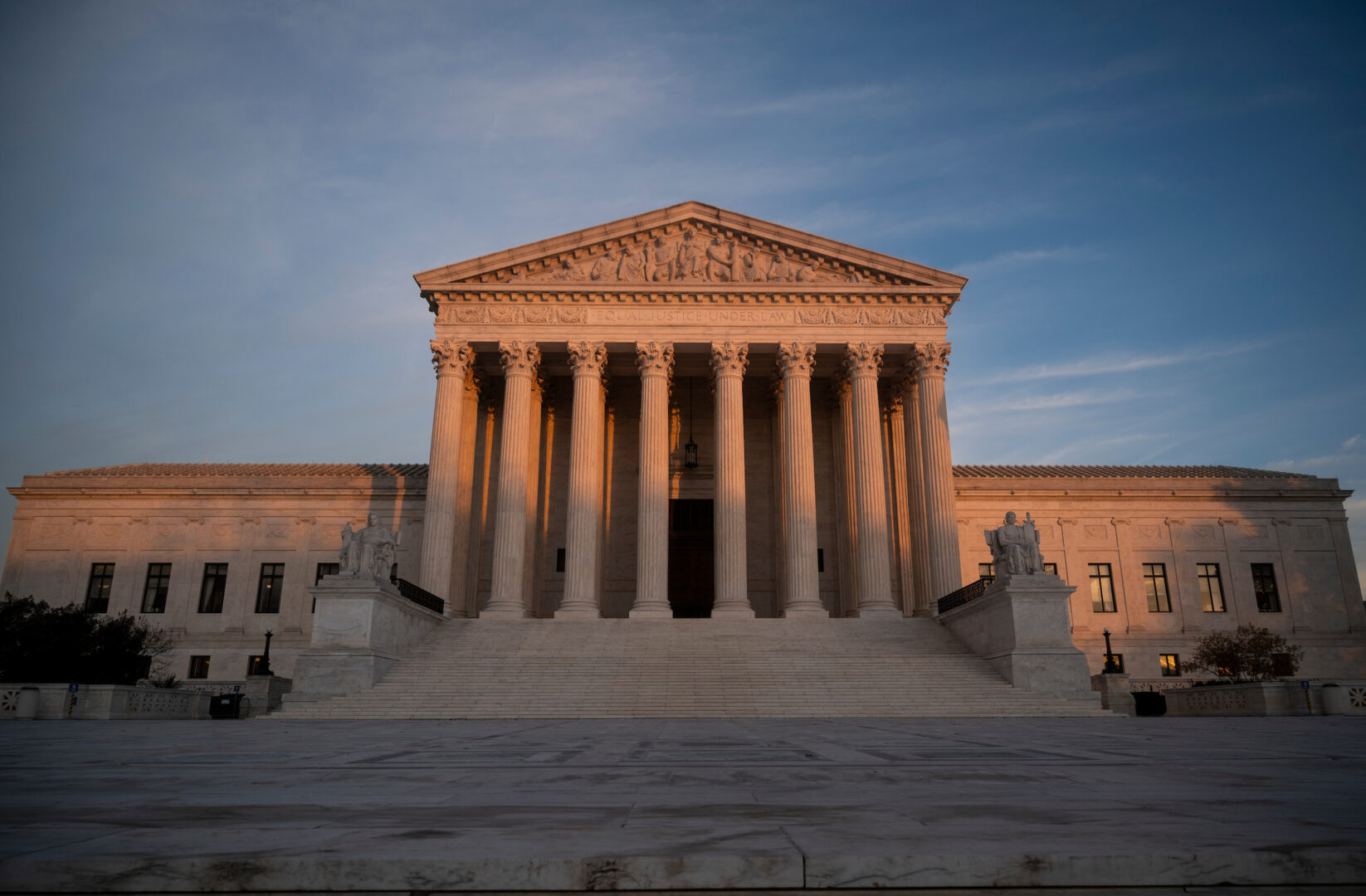The never-ending fight for civil rights
Forces against progress never paused, and they are not giving up

It was a milestone that came and went with minimal political fanfare, the 60th anniversary of the day President Lyndon B. Johnson signed the Civil Rights Act on July 2, 1964.
Though the political world has had a lot on its mind, it’s important to remember just how revolutionary this sweeping legislation was, and how the rights conferred in it to Americans left behind must be constantly and fiercely protected.
Just as those resistant to American progress managed to replace Reconstruction with Jim Crow, violence and neglect for many decades until citizens nonviolently fought back during the civil rights movement, the powers behind Project 2025 and similar manifestos are architects of modern-day movements that would turn the clock back, and restore basic rights to the few.
So, maybe there are lessons to be learned from the struggle, especially in this time, when honest reckoning with the past is discouraged.
What exactly did this history-making bill accomplish?
It prohibited discrimination in businesses such as theaters, restaurants and hotels, and in public places like swimming pools, libraries and public schools. It made employment discrimination illegal. And it was just a first step. The Voting Rights Act was not passed until 1965, and the Fair Housing Act had to wait until 1968.
Many don’t realize that the 1964 legislation was not passed without a fight (many fights, in fact) and compromises along the way. The original bill proposed by then-President John F. Kennedy was buried in Congress, even after Kennedy’s appeal to the public in a nationally televised address in June 1963.
After Kennedy’s assassination, and the murder of World War II veteran and civil rights activist Medgar Evers and too many others, Congress still would not change its bill-blocking, filibustering tactics. Johnson’s arm-twisting and the Senate leadership of Hubert Humphrey of Minnesota, a Democrat, and Senate Minority Leader Everett Dirksen of Illinois, a Republican, helped to push through a bill that had been watered down to gain votes.
Recently, I was speaking with someone dear to me who recalled a senior week club outing for his graduating college class. The few Black students were told they could use the tennis courts and golf course, but swimming was verboten. He declined the offer and the humiliation.
That was the way it was, with African Americans not welcome next door, in an adjoining classroom desk or in highly chlorinated pool water. Many cities shut down entire public-school systems or filled in municipal pools with rocks or cement rather than share them with citizens who all along had been paying taxes for their upkeep.
I remember riding by a Baltimore County amusement park, longing to try out the roller-coaster and not quite understanding why my dad said “no.” When pickets and protests made the venue reluctantly open its doors to people who looked like me, it was no surprise when dad took his baby girl on repeated rides on that rickety wooden contraption, the very first weekend he could do so without getting us both arrested.
Those times were hardly ancient history, though it seems many are hoping people will either plead ignorance or look on the “before” times not with horror but nostalgia.
Forces against progress never paused in their resistance to change, and they have not given up.
It’s why some cities are splitting apart, with majority white sections forming separate municipalities and school districts. Laws against housing discrimination haven’t stopped appraisers noting photos of Black families in prospective properties and promptly knocking off hundreds of thousands of dollars of a home’s worth.
And those shuttered pools have resulted in a disproportionate number of African Americans growing up not knowing how to swim and paying the price.
In 1964, many Americans who were used to privilege complained the landmark bill would give Black citizens “special” rights, a refrain that now sounds familiar, as laws and policies that have tried to even the long-tilted playing field are attacked as discriminating against whites.
It’s why Black farmers hanging on by a thread, after generations had their loan applications tossed in the trash, can’t take advantage of funds aimed at making up for race-based discrimination. Organizations such as the Fearless Fund, set up to close the gap that has Black female entrepreneurs awarded less than 1 percent of venture capital funds, are told by courts to stop awarding their relatively small grants.
Seems the nagging advice to “pull yourself up by your bootstraps” doesn’t apply unless whites are rewarded for the toil of others.
The Republican 2024 platform is pretty straightforward — at least when it’s not trying to run away from extreme policies on women’s reproductive rights. But when it pledges to cut federal funding for schools teaching what it calls “inappropriate racial, sexual or political content,” the document’s promise to protect freedom of speech rings hollow.
The rest can be filled in with Project 2025 from the Heritage Foundation, “ready to carry this agenda out on Day One of the next conservative Administration.” Trump’s attempts to escape its stench are not believable, not when so many associates and former (and possibly future) members of his administration proudly crafted the 900-plus-page plan.
It would politicize the nonpartisan civil service jobs that lifted many African Americans into the middle class when private corporations locked them out. And it would delete a laundry list of terms, including diversity, equity and inclusion, sexual orientation and gender identity “out of every federal rule, agency regulation, contract, grant, regulation, and piece of legislation that exists.”
Its leave-it-up-to-the-states attitude could produce the same America that maintained segregated schools and housing, and sent law enforcement smashing into married couples’ bedrooms to enforce a warped idea of racial purity.
Take it seriously when conservative warrior Kevin D. Roberts, Heritage Foundation president, seems to relish a coming “second American Revolution, which will remain bloodless if the left allows it to be.”
He may have forgotten the blood that has already been shed by those who, peacefully and persistently, made the 1964 Civil Rights Act a reality. But those inspired by their sacrifice, the many who are living better and more American lives because of it, have not.
There is no way they are going back.
Mary C. Curtis has worked at The New York Times, The Baltimore Sun, The Charlotte Observer, as national correspondent for Politics Daily, and is a senior facilitator with The OpEd Project. She is host of the CQ Roll Call “Equal Time with Mary C. Curtis” podcast. Follow her on X @mcurtisnc3.





